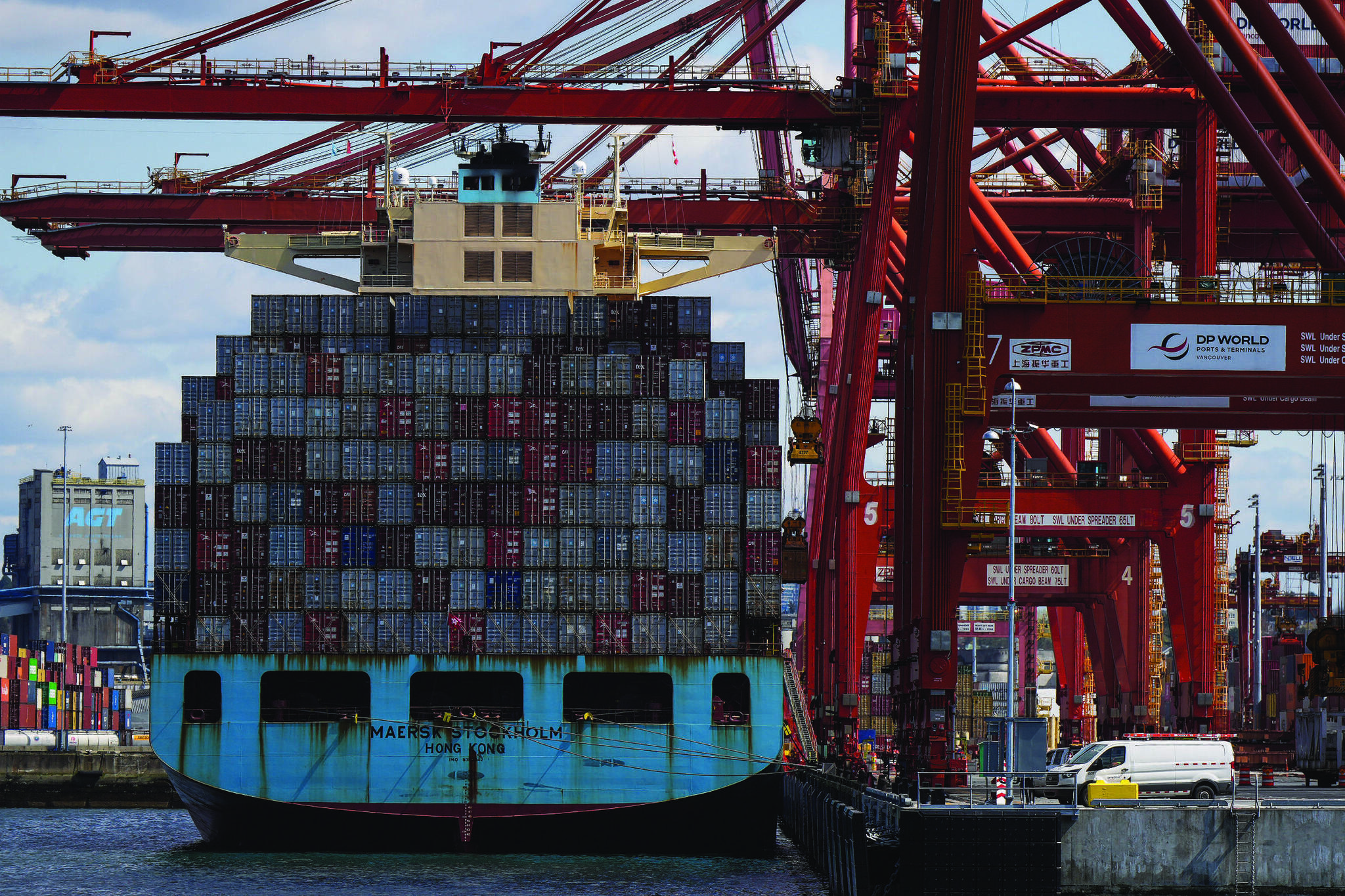The shipping industry is one of Earth’s largest industries, but according to the Pacific Institute for Climate Solutions (PICS), if it were a country, it would be the eighth largest Global Greenhouse Gas (GHG) emitter in the world.
PICS has also stated that more than 80 per cent of global trade by volume is carried by sea, and deep-sea shipping accounts for about three per cent of GHG emissions.
The Safe Passage: BC Green Shipping Corridors Assessment research project led by a team at the University of Victoria is finding out if the shipping industry can become a leader in zero-carbon technologies.
“This project will be contributing to the global discussion of where shipping is going,” says UVic Mechanical Engineering Prof. Curran Crawford. “This will push forward the conversation.”
An international movement has been creating green shipping corridors that are zero-emissions shipping routes between two or more ports, which is an essential step towards decarbonization, PICS says.
The project will perform foundational research on how the shipping industry can speed up decarbonization and will assess existing and potential low-carbon energy sources. It will also explore the market demand for alternative fuels by ocean-going and land-based shipping.
“By understanding market demand and exploring zero- and low-carbon energy sources, this research will position British Columbia as a global leader in discussing the future of environmentally sustainable shipping,” said Minster of Energy, Mines and Low Carbon Innovation Joise Osborne.
“A clear understanding of zero and low carbon energy sources complemented with an understanding of market demand will lay the foundation to accelerate maritime decarbonization here in our province, which will improve air quality, boost trade and increase investment in B.C,” Vancouver Maritime Centre for Climate executive director Elisabeth Charmley said.
The green project will be given over $180 000 within the next three years from PICS by B.C. Findings from the UVic team’s research will be used as basis for policy and regulatory recommendations to provincial and federal governments.
Currently, they’re no green shipping corridors in place in Canada, but ports of Seattle, Vancouver and Juneau are exploring a green corridor for cruises through the Pacific Northwest.
In 2022, the federal government announced that Canadian Green Shipping Corridors Framework in efforts to establish a Green Shipping Corridors Network in the Great Lakes apart of the St. Lawrence seaway system.
ALSO READ:$180K UVic project uses trees to combat extreme heatwaves in Vancouver

